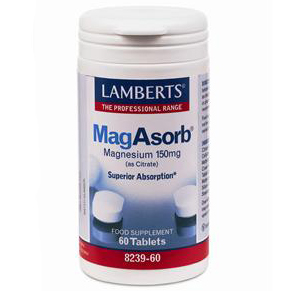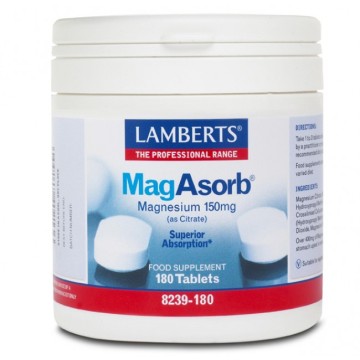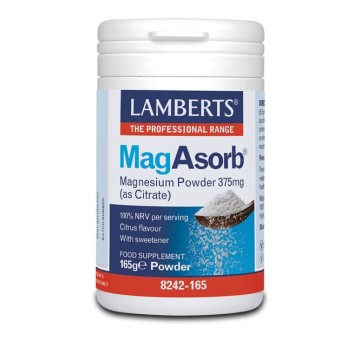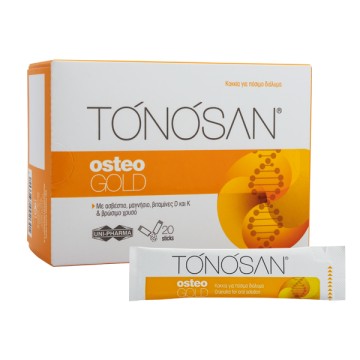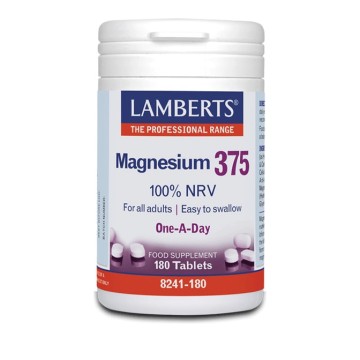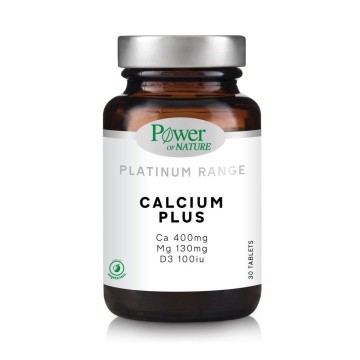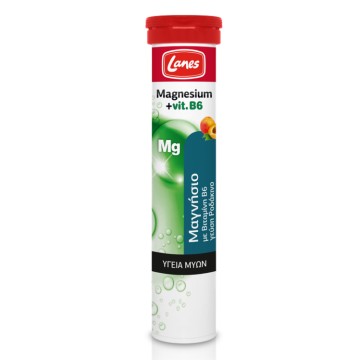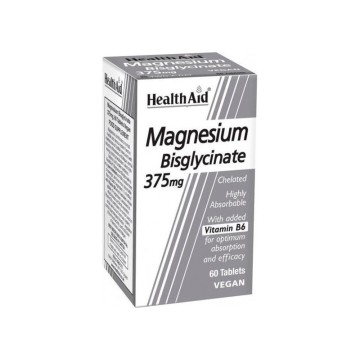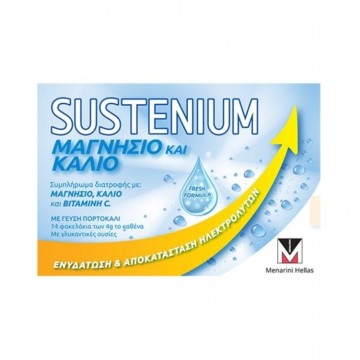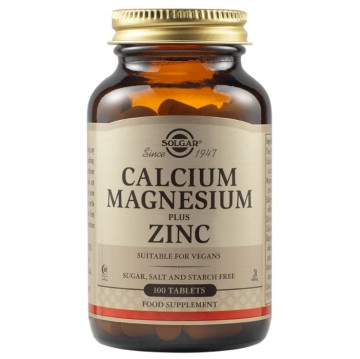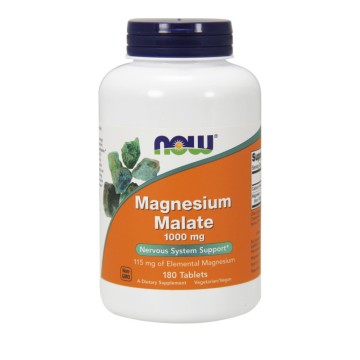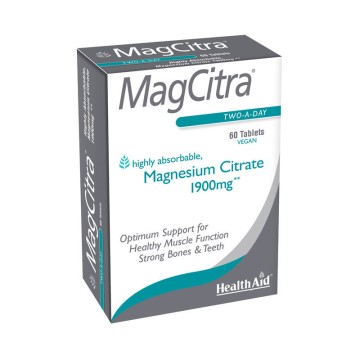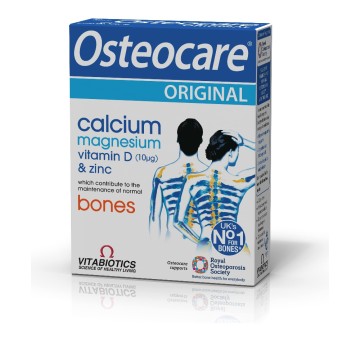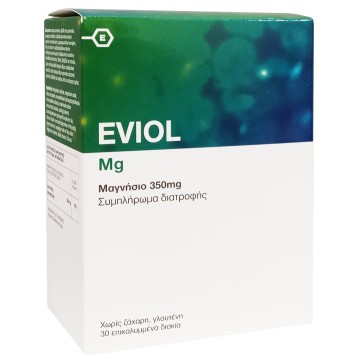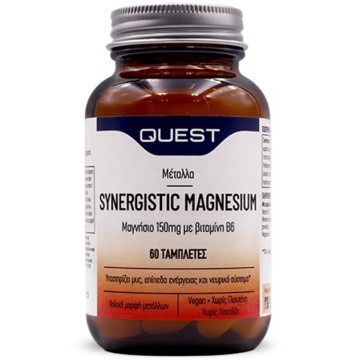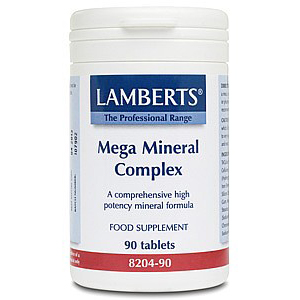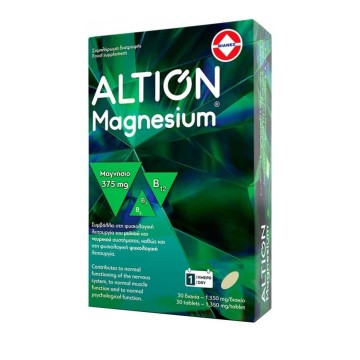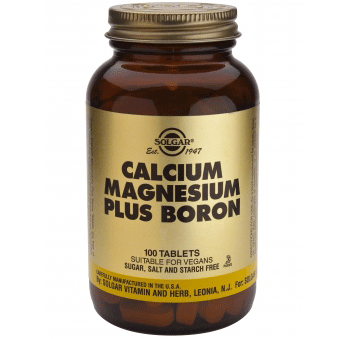Free shipping on orders over 39.00€
Have you ever wondered how the athletes achieve their irresistible performance? The secret lies in magnesium. It is a key factor that contributes to energy production, muscle contraction and muscle recovery. Therefore, for athletes striving for excellence, magnesium is an integral part of their training and nutrition.
Properties and benefits of magnesium
- Energy production: The magnesium it is necessary to convert food into energy. It is involved in the production of adenosine triphosphate (ATP), the main source of energy for the body.
- Healthy muscle and nerve function: The magnesium contributes to the regulation of muscle contraction and relaxation, helping to maintain healthy muscle and nerve function.
- Healthy cardiovascular system: Magnesium contributes to its efficient functioning cardiovascular system. It helps regulate heart rate, lower blood pressure and arrhythmia prevention.
- Strengthening the immune system: The magnesium helps to strengthen the immune function, helping the body to deal effectively with infections And the illnesses.
- Healthy bones and dentition: The magnesium contributes to its absorption and exploitation of calcium, promoting conservation healthy bones and dentures.
- Anti-inflammatory action: The magnesium has anti-inflammatory properties and can help with reducing inflammation and pains.
Foods containing magnesium
- Spinach
- Brown rice
- Almonds
- Peanuts
- Walnuts
- Cereals
- Avocado
- Oats
- Vegetables and legumes
Forms of magnesium
- Magnesium in form oxide (Magnesium Oxide): It is one of the most common forms magnesium at the market. It has a high concentration of magnesium, but low bioavailability.
- Magnesium in form gluconate (Magnesium Gluconate): It is a more bioavailable form of magnesium than the oxide. It is usually used for enhancing absorption of magnesium.
- Magnesium in form of citrate (Magnesium Citrate): This is a form of magnesium with high bioavailability and is commonly used for addressing of magnesium deficiencies.
- Magnesium in form chelate (Chelated Magnesium): These forms of magnesium are bound to organic molecules, such as glycinate, glutamic acid and others. They have high bioavailability and are often used to improve magnesium absorption.
Factors leading to magnesium deficiency
- Inadequate dietary intake: Magnesium deficiency can occur if your diet does not include an adequate amount of magnesium-rich foods magnesium, such as green leafy vegetables, nuts, whole grains, beans and seeds.
- Binge drinking: Drinking excessive amounts alcohol may increase magnesium loss through urination.
- Consuming high levels of caffeine: H caffeine may affect the absorption and secretory capacity of magnesium by the body.
- High stress: Chronic exposure to high levels stress may affect the absorption, use and secretory capacity of magnesium by the body.
- Certain medications: Some medicines, such as diuretics, antibiotics and antiperspirants, may affect the balance of magnesium in the body.
Symptoms of magnesium deficiency
- Fatigue and exhaustion: Lack of magnesium can lead to a feeling of fatigue, weakness and general exhaustion.
- Muscle symptoms: A lack of magnesium can cause muscle spasms, cramps, tremors, or muscle weakness.
- Neurological symptoms: Some people with magnesium deficiency report neurological symptoms such as anxiety, insomnia, irritability, depression and difficulty concentrating.
- Heart problems: Lack of magnesium can affect heart function and cause arrhythmias, tachycardia, high blood pressure or even heart failure.
- Neuromuscular factors: Magnesium deficiency can affect the neuromuscular system, causing dizziness, difficulty with balance and muscle weakness.
Side effects:
Some people may report problems in digestive system, such as diarrhea or problems with irritable bowel syndrome (IBS), from taking high doses of magnesium.In some cases, high doses of magnesium can cause muscle weakness.
Contraindications:
People with serious renal failure should consult their physician before increasing magnesium consumption. In these cases, consuming large amounts of magnesium can affect kidney function.People with an allergy to magnesium or other ingredients in the product should avoid using magnesium supplements.
Precautions:
Before starting any magnesium supplement, it is recommended that you consult him doctor you, especially if you have existing conditions or are taking other medicines.Always follow the dosage instructions provided on the magnesium supplement package.
Recommended Daily Intake for magnesium:
The Recommended Daily Intake (RDI) for magnesium varies by age, gender and individual needs. The following percentages of recommended daily intakes of magnesium are based on guidelines issued by the Institute of Medicine (IOM) of the United States:| Age | Men | Women | Pregnancy | Breastfeeding |
| 6 months | 30 mg * | 30 mg * | ||
| 7-12 months | 75 mg * | 75 mg * | ||
| 1-3 years old | 80 mg | 80 mg | ||
| 4-8 years old | 130 mg | 140 mg | ||
| 9-13 years old | 240 mg | 240 mg | ||
| 14-18 years old | 410 mg | 360 mg | 400 mg | 360 mg |
| 19-30 years old | 400 mg | 310 mg | 350 mg | 310 mg |
| 31-50 years old | 420 mg | 320 mg | 360 mg | 320 mg |
| 51+ years old | 420 mg | 320 mg |
It is important to note that these values represent only the general direction and there may be special needs for some individuals. It is recommended that you consult your doctor or dietitian to determine the right PDS for you, especially if you have special health or dietary needs.
When is the best time to take magnesium?
Magnesium is an important mineral for the body and plays a role in over 300 biochemical reactions. The best time to take magnesium supplements depends on the type of magnesium and the purpose for which you are taking it. In general, there are some guidelines:
-
To improve sleep: It is recommended to take magnesium 1-2 hours before going to bed. Magnesium can help relax muscles and improve sleep quality.
-
To reduce stress and anxiety: Magnesium can be taken during the day as it has a calming effect and can help reduce stress levels.
-
To improve digestion: Certain types of magnesium, such as magnesium citrate, can be taken with meals to aid digestion.
-
For athletes and people with physical activity: After exercise can be a good time to take magnesium, as it helps with muscle recovery and reduces the risk of cramping.














